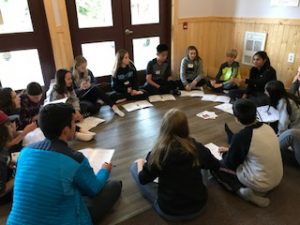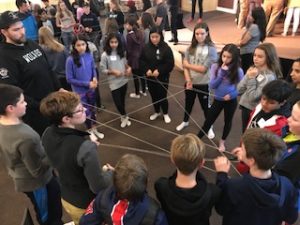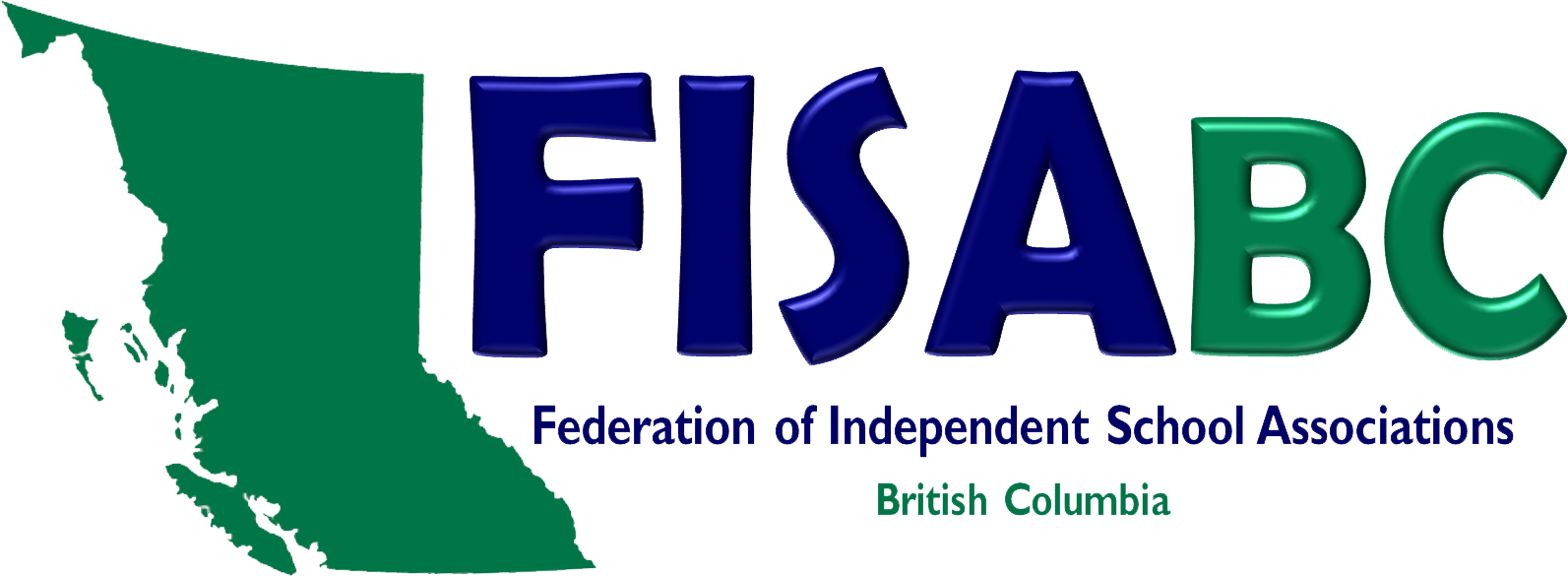A common stereotype holds that university preparatory schools are academic hothouses designed to get top marks from students and then shoehorn them into the best possible Ivy League colleges.
But the executive director of the umbrella organization for such schools — the ISABC — begs to differ. “Really,” says, Elizabeth Moore, “they are value-driven organizations in which every child is known, offering rich learning environments for students and teachers.”
 The concept of “knowing” every child is central to this model and flows naturally out of relatively small size of most of these schools, and arises out of significant parent involvement. As well, most of these schools have the benefit of operating from Kindergarten to Grade 12 which also fosters a strong sense of community.
The concept of “knowing” every child is central to this model and flows naturally out of relatively small size of most of these schools, and arises out of significant parent involvement. As well, most of these schools have the benefit of operating from Kindergarten to Grade 12 which also fosters a strong sense of community.
“ISABC schools truly value the ability to know every child,” says Moore. “It gives schools an opportunity for real community building.”
One of the biggest strengths of the university prep schools is that they are able to teach “beyond the BC curriculum,” Moore says, noting that school life is not just about the academics. Such programs include extreme wilderness cooking at Aspengrove School, an elementary hand-bell choir at Meadowridge, experiential entrepreneurship at Brentwood and beekeeping at St. George’s. “Every ISABC school offers much more than the delivery of just the curriculum,” Moore says. “And most of our schools offer an outdoor education program and environmental stewardship program.”
ISABC schools also have a strong commitment to developing student leadership. “Leadership opportunities give the students life skills, problem-solving experience and an understanding of how to achieve goals,” Moore says. Most schools offer student leadership training which is supplemented by ISABC’s recently-initiated a student leadership program where students learn “design thinking” as a means of problem solving. This concept holds that challenging your own assumptions is an important first step for solving any problem and that the best solutions come only after working through many solutions or iterations. At ISABC schools, students are encouraged to take on such tasks as running assemblies, leading school projects, and helping organize school open houses as well as supporting other students. 
ISABC BC schools also put a special emphasis on affirming the importance of their teachers. “Our schools do an enormous amount to support their teachers so they are able to be effective with the students who come into their care,” Moore says. Teachers have the opportunity for extensive professional training; they are also encouraged to undertake research, and many of them have weekly off-timetable blocks where they can connect with their colleagues. “They are really encouraged to be reflective practitioners,” Moore says.
